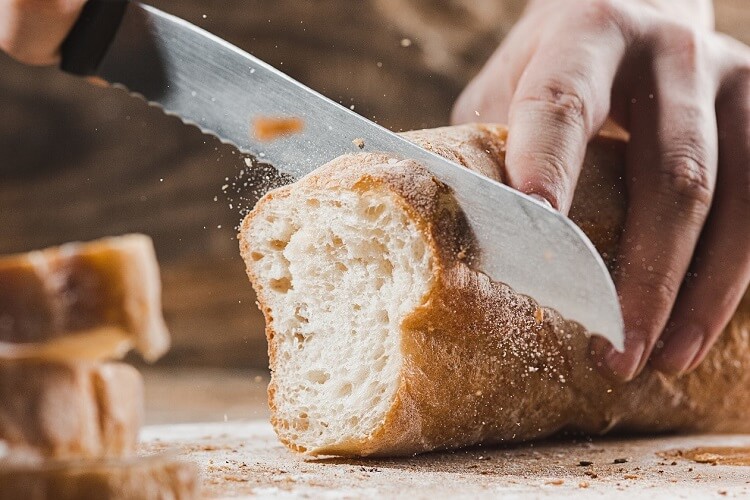New findings cause concern for those with coeliac disease
A study recently published in the Medical Journal of Australia (MJA) has found almost one in 40 manufactured foods labelled as ‘gluten-free’ contain gluten – putting people with coeliac disease at risk.
Here’s what you need to know.
The findings
The study discovered of the 300 most commonly purchased ‘gluten-free’ foods in Australia, almost 3 per cent failed to meet the national standard. These foods included noodles, rice, pasta, crackers, and snacks.
Though the gluten levels in these foods were relatively low, a particular type of pasta labelled as ‘gluten-free’ contained 3mg of gluten per serve – which if consumed frequently can be harmful.
According to gastroenterologist and lead researcher of the study Dr Jason Tye-Din, the results are concerning to people with coeliac disease – particularly those who are required to adhere by a strict diet.
“It’s troubling to think that these foods could be hindering the careful efforts of patients trying their best to avoid gluten,” Dr Tye-Din said.
“Patients who require a strict gluten-free diet for their treatment should be able to trust that food labelled as ‘gluten-free’ is what it says it is.”
Coeliac disease in Australia
Figures from Coeliac Australia reveal approximately one in 70 Australians are affected by coeliac disease, making it one of the most common autoimmune diseases to be encountered in general practice, however, approximately 80 per cent of those affected remain undiagnosed.
According to Dr Tye-Din, GPs can play a large role in detecting coeliac disease.
“As the first port of call, GPs are actually the most crucial player in this whole interaction,” Dr Tye-Din said.
“GPs who are mindful of the at-risk features that could prompt testing for the disease can play a really important role in this process by detecting it early.”





